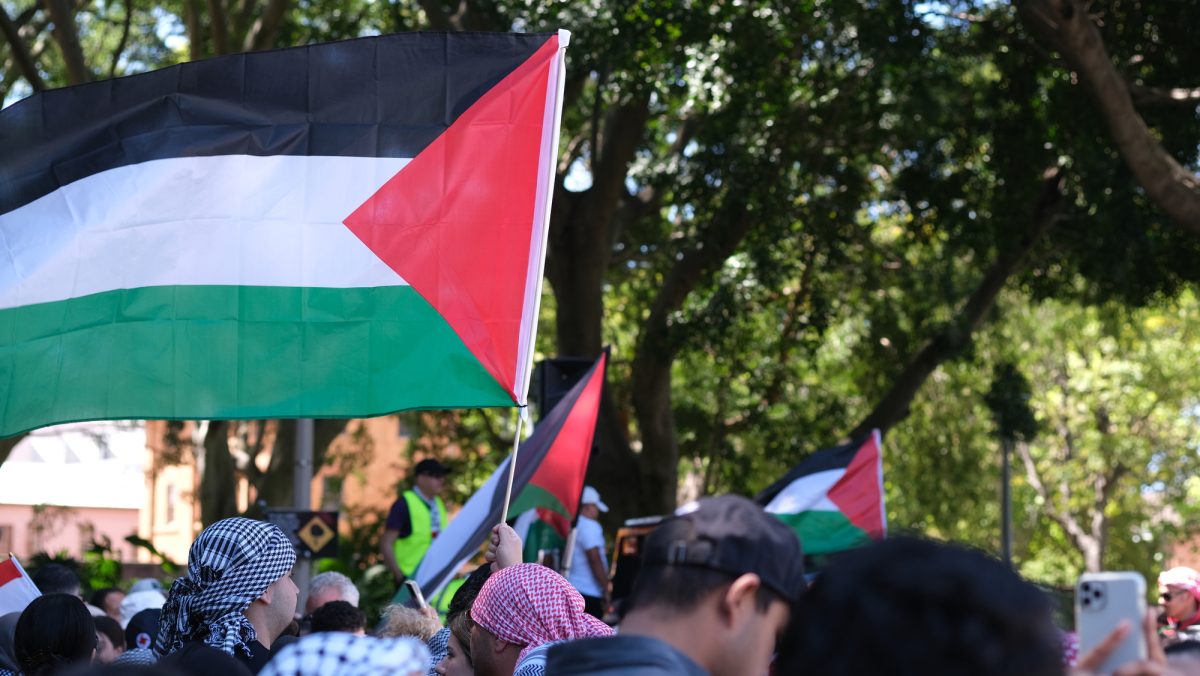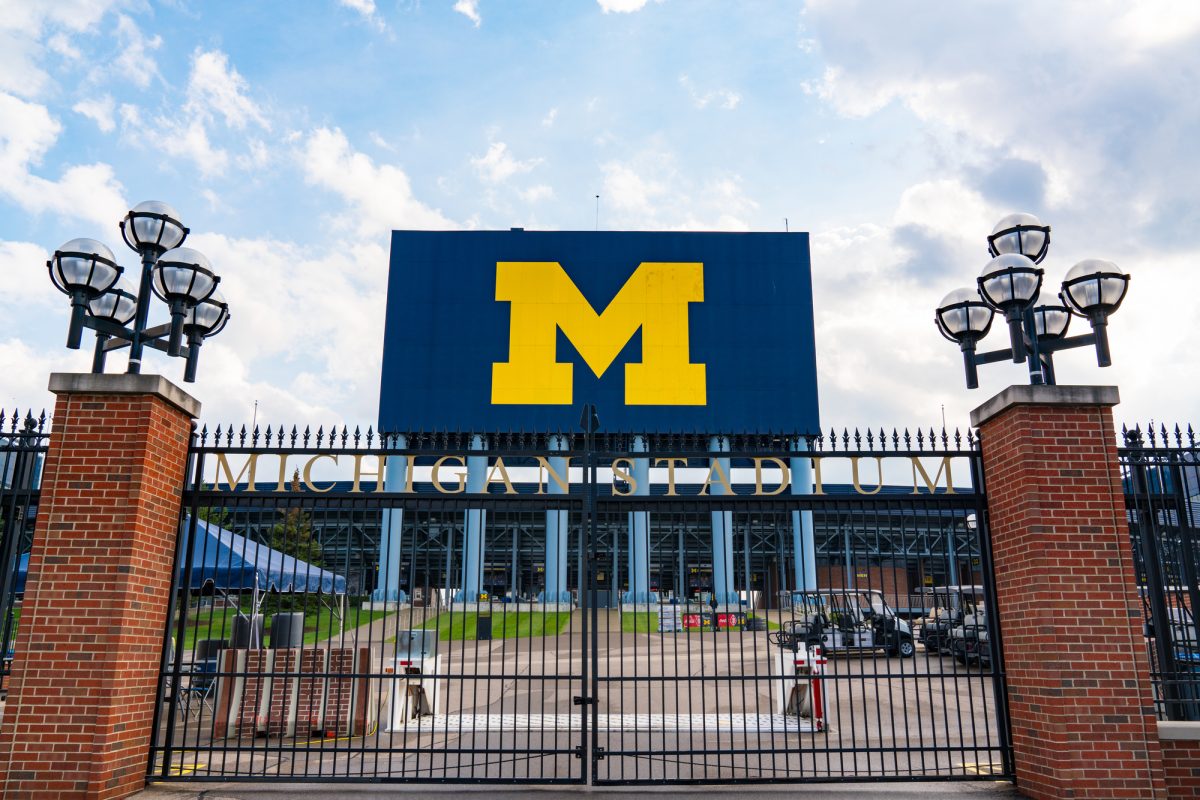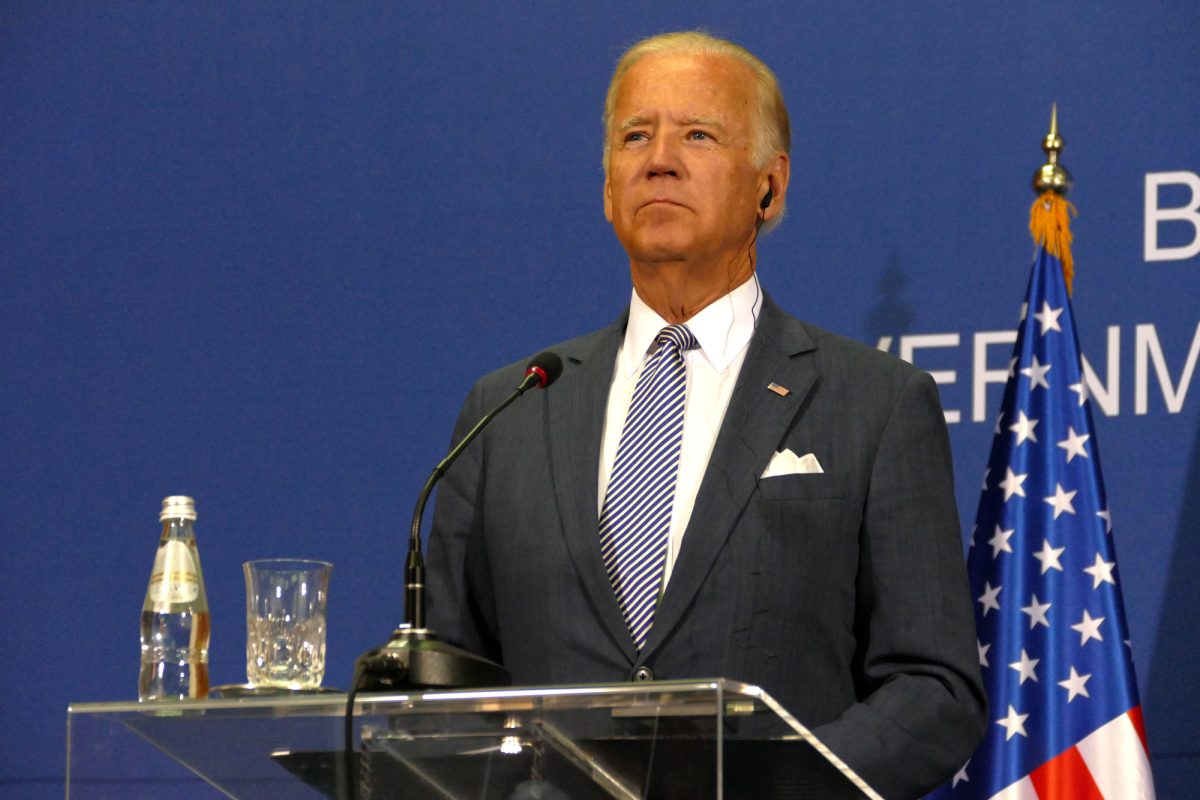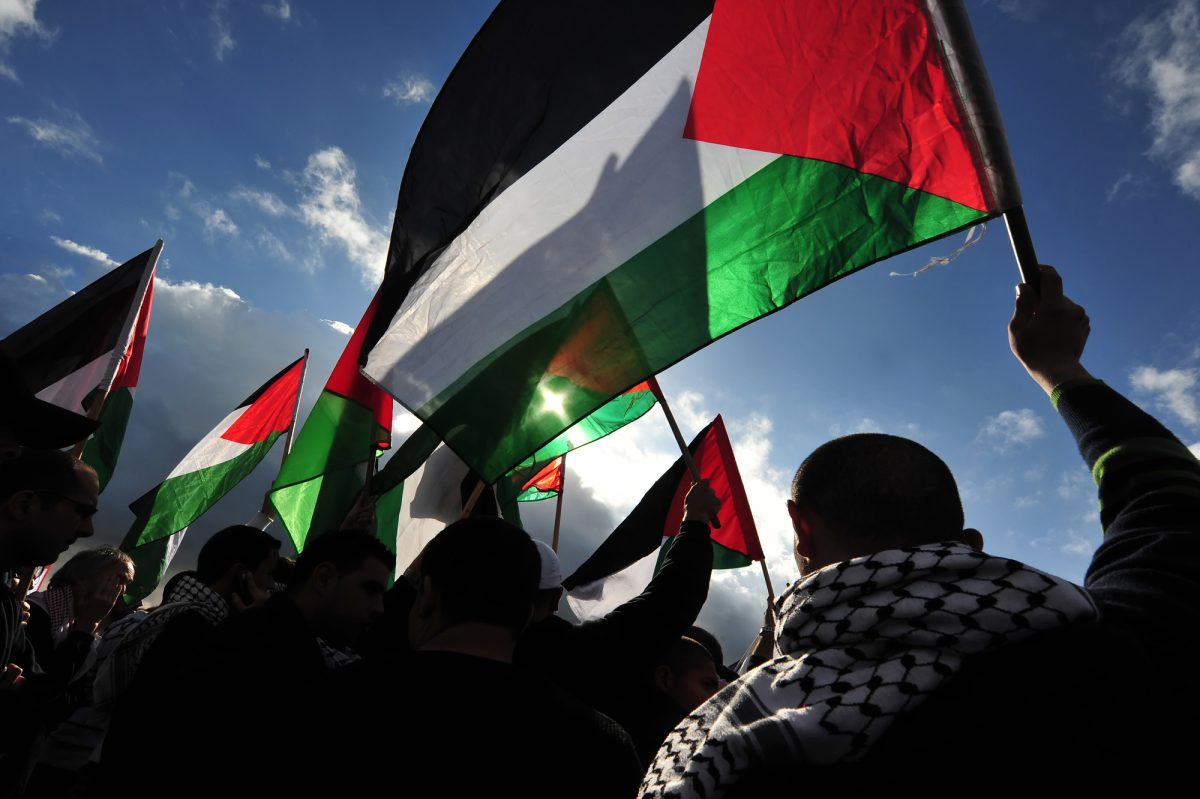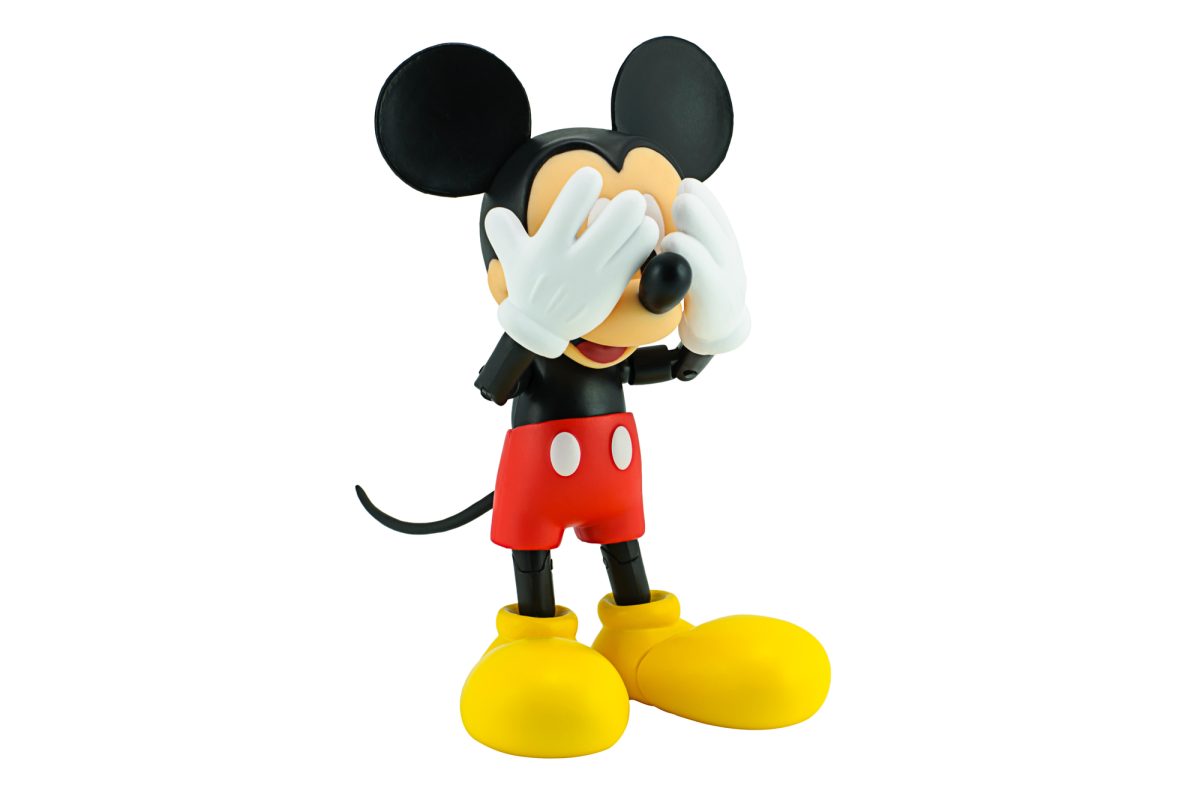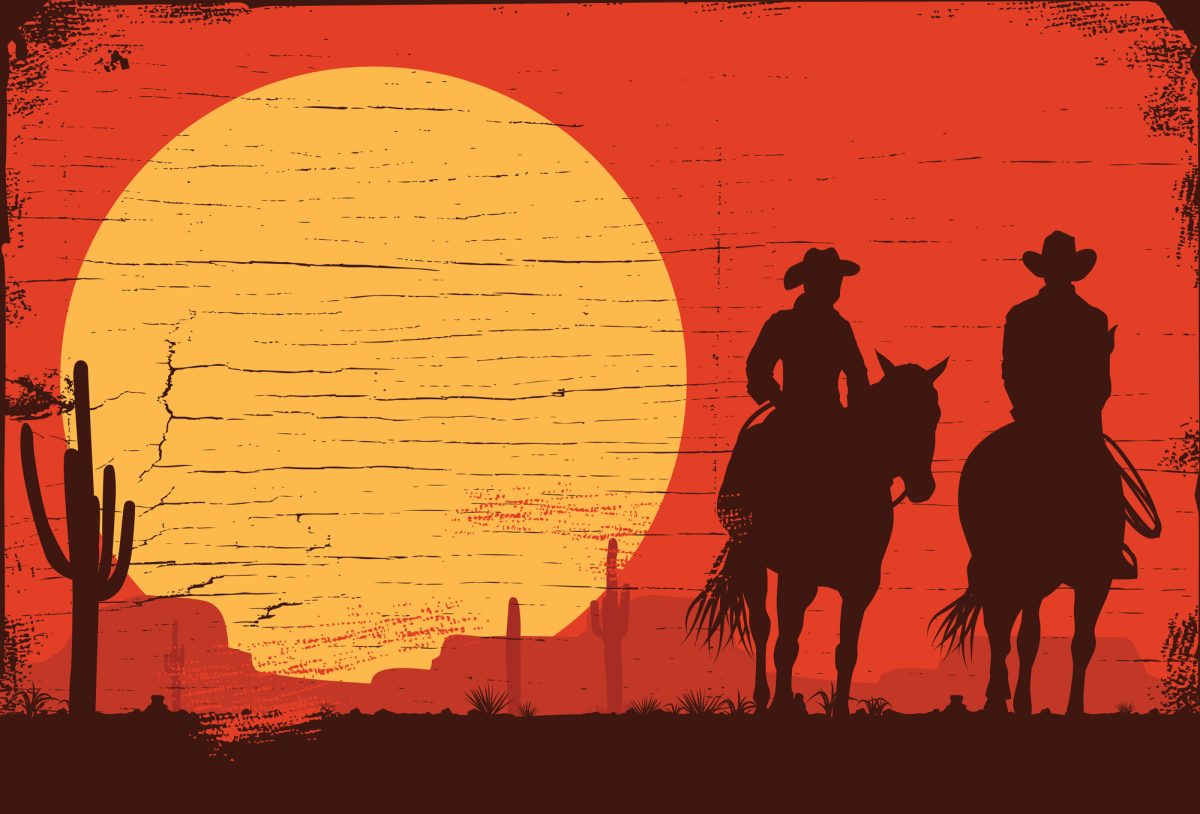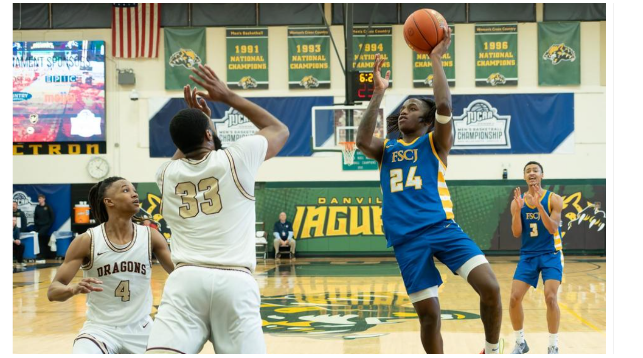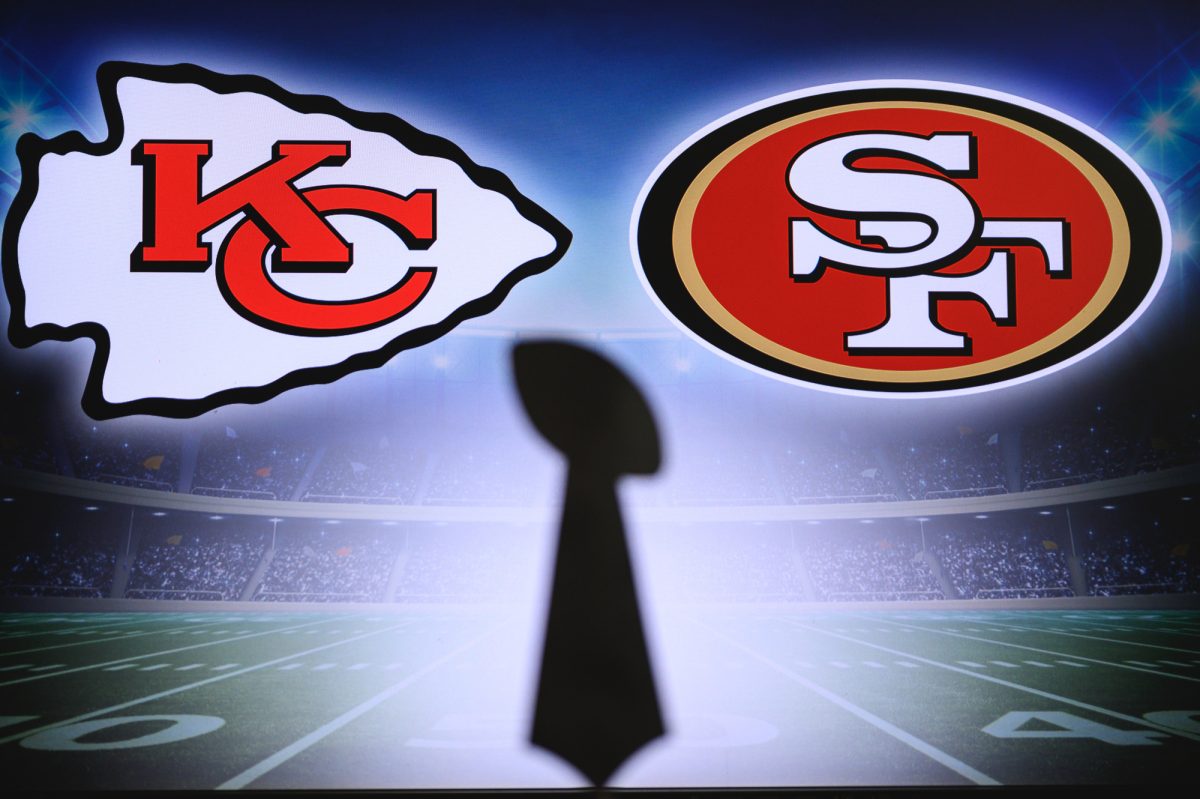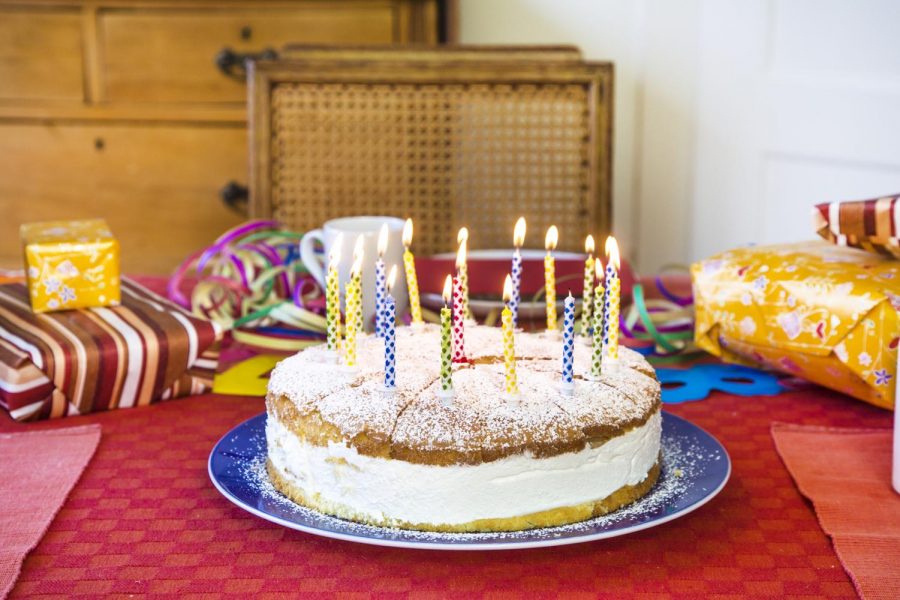The Importance of Birthdays
How do you celebrate your birthday?
bjkte ayueskhfsnGB XLKA F
May 11, 2020
As we are dealing with the trying times with the current pandemic COVID-19, I’ve had my 28th birthday come and go. I’ve never really been interested in celebrating my birthday even at a young age. I always disliked people singing “Happy Birthday” and being the center of attention. It was a breath of fresh air that this year I didn’t have to come up with an excuse about why I’m not celebrating or forcing myself to do something for my birthday. I also think that my Korean culture and upbringing had an influence on my feelings towards birthdays.
I started to wonder why birthdays were celebrated and how other people look at birthdays especially other cultures. My experience growing up in American with parents and grandparents who immigrated from Korea, has made birthdays different compared to other Koreans and Americans. When speaking to my grandmother who celebrated her 92 birthday this past January, I asked her what her feelings were about birthdays. She said that in the 1920s in Korea before the wars split the country up, birthdays were not something to celebrate. Having to live day to day and survive was too important to consider making a birthday a big deal. But she also did say that ever since she was exposed to American culture, she understood birthdays and the importance of celebrating them.
In the United States, birthday celebrations are a big deal and the 16th birthday, commonly known as sweet sixteen, is the biggest deal. The biggest and most common birthday celebrations in Korea are Baek Il (which translates to “100 days”) and doljanchi, which is the 100-day birthday party in Korean. The other ones I know that are very common are the 60th, 70th, and preceding birthdays in increments of 10 years. Many Hispanic countries celebrate quinceaneras, the coming of age of girls at the age of 15. In Jewish culture, boys at the age of 13 and girls at the age of 12 or 13 are honored with a bar mitzvah or bat mitzvah to celebrate their coming of age into adulthood.
Since birthdays are a celebration of birth and sometimes a way to honor the transition into adulthood, it can be interesting to look at why specific ages are especially significant in coming-of-age traditions. Historically, the age of marriage was a lot younger, so celebrating adulthood at the ages of 12 and 13 made sense.
Celebrating significant birthdays during COVID-19 is challenging; somehow, people are finding creative ways to honor their cultural traditions, honor their loved ones’ birthdays and stay safe. Perhaps COVID-19 will generate new birthday traditions.



